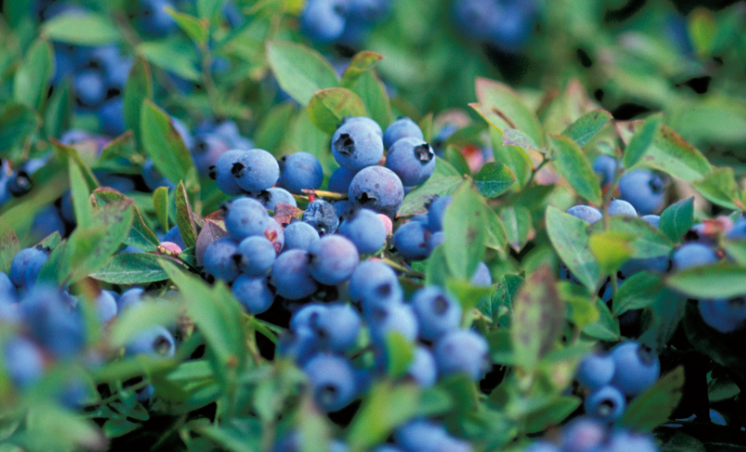Your Genes Are Not Your Destiny
Next to blaming our mothers, blaming our genes might be the most popular method of understanding how we as individuals navigate the world. But in a new book, The Genius In All of Us by David Shenk, the author addresses the role “practice” plays in what we refer to as “talent”. He rejects the notion that genes play the most significant role in how and if talents manifest – whether that talent is for writing sonatas or pitching fast balls.

In her review of the book in The New York Times, Annie Murphy Paul wrote, “It’s ambitious indeed to try to overthrow in one go the conventional ideas and images that have accumulated since 1874, when Francis Galton first set the words ‘nature’ and ‘nurture’ against each other.” As Paul suggests, attributing our body shape, our success in business and baseball, or our susceptibility to disease to something other than genetic destiny is like moving a cultural mountain.
In her review, Paul refers to the emerging field of epigenetics. Epigenetics is the study of how genes are activated and deactivated by stimuli like hormones, the environment, and nutrition, and is based on beliefs that run counter to the idea that genes simply serve as a blueprint for our lives. In fact, we are only just learning how the study of genes and genetic expression can be applied. For instance, another emerging field that studies the effects of food, specifically, on gene expression is nutrigenomics. Nutrigenomics researchers believe that eventually a diet tailor-made for an individual can activate the switches that turn genes on and off, providing personalized nutrition based on genotype. By turning genes on or off, the individual can take advantage of the genes they want and leave those they don’t (like those that cause cancer or high blood pressure) dormant. More than just providing us with a one-of-a-kind piece of abstract art for our living room, mapping our genome can have more important applications.
Express Yourself – Genetically
Even before nutrigenomics was widely acknowledged area of science, Dr. Steven Pratt, the doc behind the famed superfoods, initially created his list of foods with these principles of nutrigenomics in mind.
“If you look at your body, you have all these genes that are ready to be expressed and that starts to create proteins and enzymes,” Pratt told Wild Blueberry Health News this past fall. “So, berries promote the expression of good genes and suppress the expression of bad genes in our body. We all have some good genes and we all have some bad ones – berries are great regulators of gene expression,” he said of wild blueberries, his superfoods list topper. Pratt said such gene activation doesn’t require unwieldy amounts of food in order to get the active or counteractive benefits. Ordinary amounts of these foods will suffice in providing the nutritional bang we need.
We can’t yet map our genome and spit out our perfect anti-aging, disease prevention diet at our family physician’s office to suppress the genes we don’t want from switching on. But the good news is we already know, for example, that if you have the genes for high blood pressure and inflammatory markers (either you have high blood pressure or your relatives do), you can take steps to decrease inflammation, decrease blood pressure and decrease c reactive protein by eating foods that are anti-inflammatory, like berries. And, when you lower inflammatory markers, you cut down your risk for most diseases.
The Bottom Line
While understanding “how” is still an emerging science, the “what” is clear: food can control your genes. If that seems like a bold statement, it may prove Paul right: understanding that genes do not dictate our bodies, our health, and our talents goes against all we have learned. But freeing ourselves from the albatross of genetics could be one of the biggest ideas of modern science.
You can read more about nutrigenomics at The Center of Excellence for Nutritional Genomics website.

